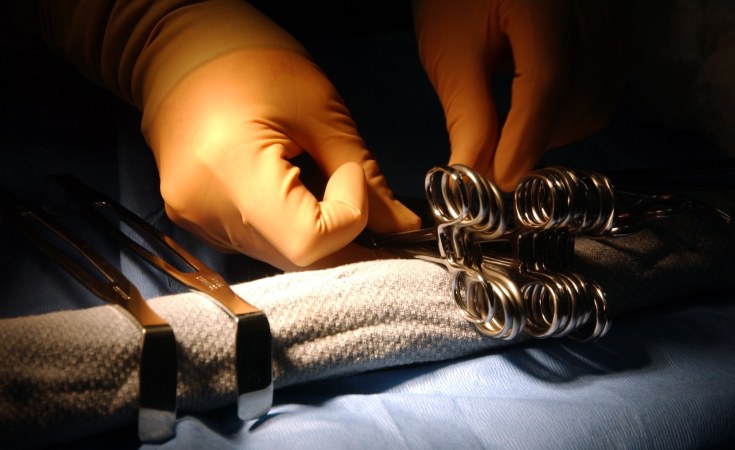A legal battle is brewing in relation to the sterilising of HIV positive women without their consent.
In the case that started seven years ago and the hearing expected next week, five women say they were sterilised without their consent.
The women say in the court papers that they underwent tubal ligation during delivery at Pumwani and Marura hospitals without their knowledge.
In the two cases, the women want the court to declare that the surgery violated their human and constitutional rights.
They request a declaration that it is the right of HIV+ women to have access to reproductive rights, including freedom to determine if, when and how often to bear children.
They sued through the Kenya Legal and Ethical Issues Network on HIV/Aids (Kelin) and African Gender and Media Initiative Trust (GEM).
The petition emerged from a sampling of cases that came to the attention of Kelin through a report by GEM, based on a study conducted on 40 women who have the virus.
The study was conducted in Nairobi and Kakamega counties between October and November 2011.
The petition argues that involuntary sterilising of HIV+ women constitutes discrimination.
Given baby milk
"The decision to sterilise must be voluntary. Women should not be pressured by their partners, families, healthcare providers or anyone else to go for the procedure. The decision must also be an informed one," the women say in the court papers.
Four of the women say they were coerced into sterilisation by the charity Médecins Sans Frontières, which was operating Blue House Mathare Hospital.
They say they were given baby milk and food.
Two underwent the procedure during caesarean section delivery at Pumwani Hospital in 2010 while the other pair was sterilised at Lions Clinic, Huruma, they say.
While receiving ante-natal care they were repeatedly told that they should not get more children due to their HIV status.
The other woman, an ice cream vendor, was sterilised at Marura Maternity and Nursing Home during delivery in 2006.
At the time there was high stigma associated with HIV and information on prevention of transmission from mother to child was highly fragmented and sparse, the document says.


